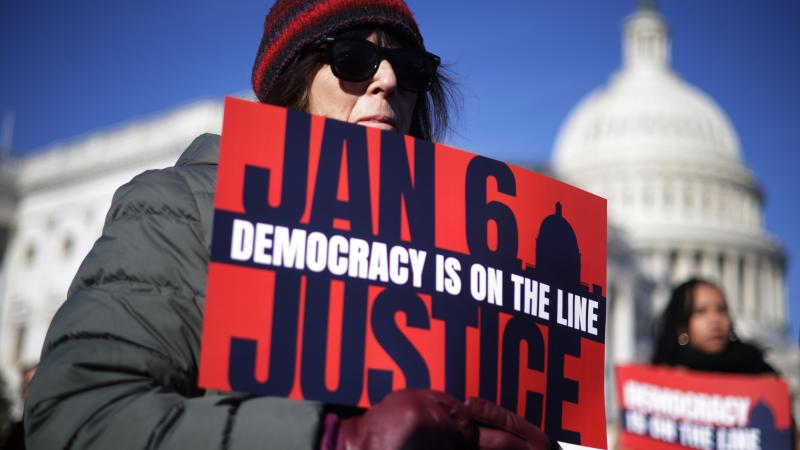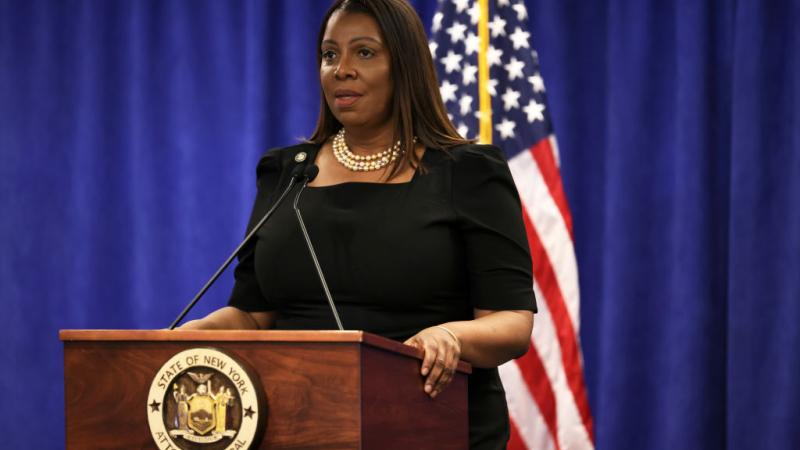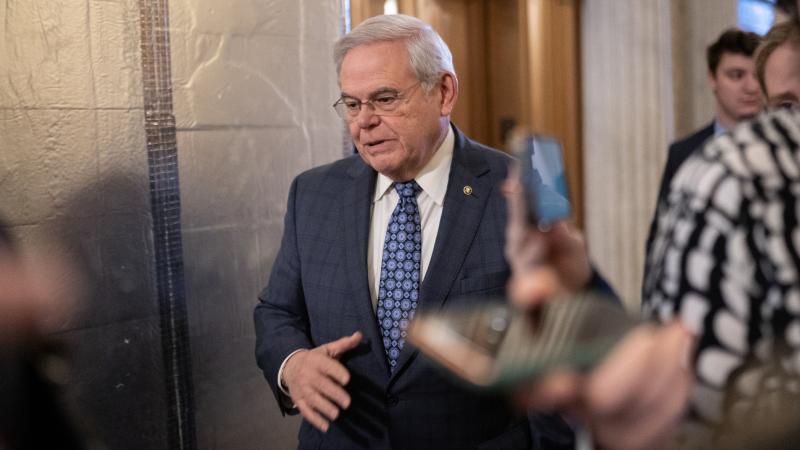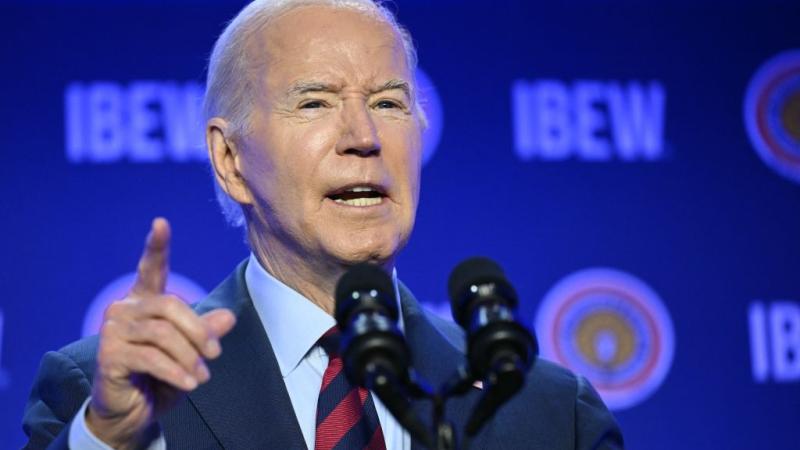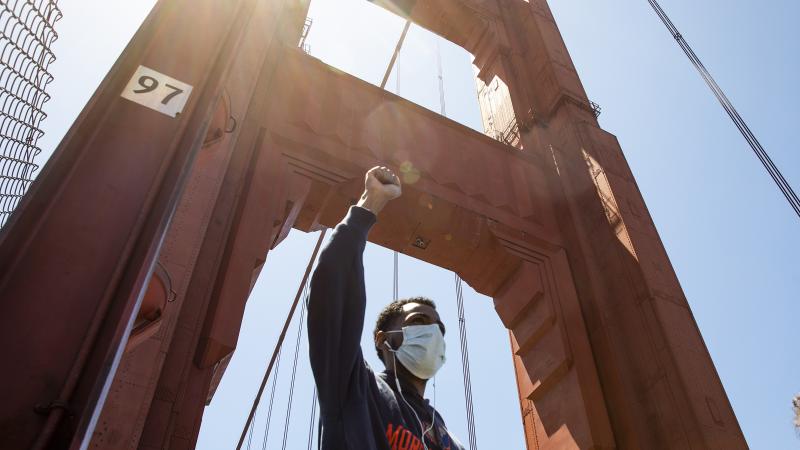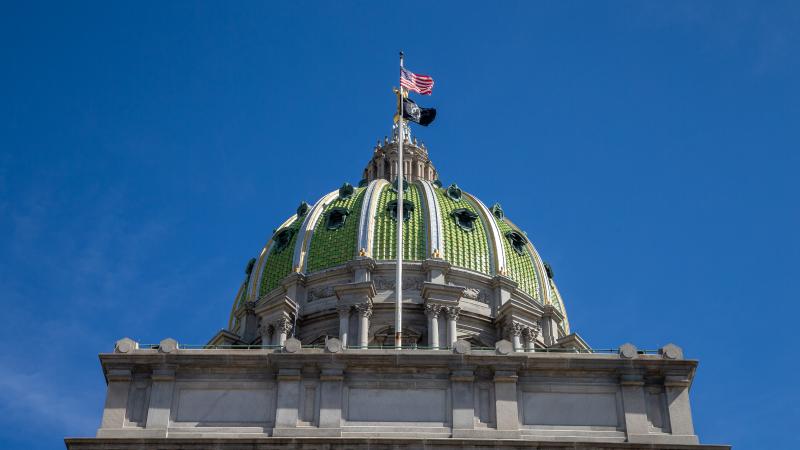Appeals court strips legal immunity from college officials for anti-Christian bias
University of Iowa administrators ignored "clearly established" law by singling out student group with traditional views on sexuality.
Three University of Iowa officials can be held personally liable for derecognizing a Christian student club over its leadership requirements, a federal appeals court ruled this week.
The law is "clearly established" that government officials cannot practice viewpoint discrimination, as administrators did by enforcing a "human rights" policy against Business Leaders in Christ but not other student groups, the 8th U.S. Circuit Court of Appeals determined.
It's exceedingly rare for courts to deny "qualified immunity" to public actors for violating constitutional rights. Litigants must point to court precedents that officials should have known were binding on their specific behavior, making it unlawful.
Yet the University of Iowa is likely to suffer a second loss on qualified immunity in a closely related case involving a different Christian club, InterVarsity Christian Fellowship. Oral arguments for each case were four months apart, and both went badly for the university.
The three-judge panel upheld two constitutional claims by Business Leaders in Christ but divided on the third claim, on whether administrators should have known they were violating the club's free exercise rights.
In a concurrence and dissent, Judge Jonathan Kobes said all three claims should have been upheld.
"The law is clear: state organizations may not target religious groups for differential treatment or withhold an otherwise available benefit solely because they are religious," he wrote. "The individual defendants may pick their poison: they are either plainly incompetent or they knowingly violated the Constitution."
The University of Iowa did not respond to Just the News on whether it would appeal the ruling either to the full 8th Circuit or to the Supreme Court. It told Inside Higher Ed Monday that officials were "currently reviewing the decision" and the university's options.
University leaders may be reluctant to ask the Supreme Court to weigh in, however.
Not only have Justices Clarence Thomas and Sonia Sotomayor argued for ending qualified immunity, but free speech legal groups are urging the high court to specifically revoke the judicial doctrine for public university officials. Activists argue that universities can drag out legal proceedings until students graduate and that officials often take unconstitutional actions after consulting with lawyers.
Officials used 'nondiscrimination policy to discriminate against religion'
Religious liberty law firm Becket, which represents both Business Leaders in Christ and InterVarsity, celebrated the ruling in a statement.
"It's deeply ironic that school officials tried using the university's nondiscrimination policy to discriminate against religion," senior counsel Eric Baxter said. "We're pleased the court has recognized that such blatant religious discrimination brings personal consequences."
Becket was back in trial court Wednesday for yet another InterVarsity lawsuit against a public university, this time Michigan's Wayne State, for similar preferential treatment of secular groups.
Senior counsel Daniel Blomberg told Just the News that the 8th Circuit ruling "played significantly" in that oral argument. "I didn't hear any good arguments" from Wayne State's lawyer on why the 8th Circuit's reasoning wouldn't apply, he said.
The University of Iowa will "almost certainly" lose on qualified immunity in the InterVarsity case as well, Blomberg said.
He suspects that courts are increasingly skeptical that university officials have the same need for qualified immunity as police, who can't consult with lawyers before making split-second decisions. Blomberg noted that the 8th Circuit specifically distinguished between law enforcement and university contexts in a footnote.
"It's very, very clear that administrators can't keep on bullying and canceling" religious student groups in such "aggressive and entirely unnecessary" ways, he said.
Students for Life of America, whose campus chapters have often tangled with administrators, also praised the ruling for recognizing the clearly established rights of student groups.
"It is nice to see that Courts realize the extent to which colleges and universities discriminate against certain students and student groups," President Kristan Hawkins told Just the News. At her pro-life group, "we find it continuously necessary to educate students, educators, and administrators about what the law has to say about free speech and freedom of assembly."
But the ruling will not change its strategy, which is to "refuse to let a hostile environment silence pro-life people on the human right issue of our day," Hawkins said.
"The victories we've been seeing that strike blows against qualified immunity are statements declaring that students' rights [are] not less important than those of the admins that trample those rights," JP Kirby, free speech director at Young Americans for Liberty, wrote in a statement.
The campus libertarian group, whose "free speech ball" events have often drawn scrutiny from administrators, "can now provide even more protection and justice for our activists who have their First Amendment rights tossed out by bureaucrats," he said.
Exempted pro-gay Christian club from nondiscrimination policy
As a registered student organization, Business Leaders in Christ enjoyed perks including access to student funds and eligibility to use campus facilities for meetings.
BLinC, as the club is known, lost those perks when the university found fault with its requirement that its leaders must avoid same-sex romantic relationships.
While the university's human rights policy requires student clubs to accept "all students without regard to" sexual orientation, race and other categories, administrators approved "at least six" clubs whose leadership restrictions also violate the policy, the court found.
One of them is Love Works, a Christian club that requires leaders to sign a "gay-affirming statement of Christian faith."
The university investigated BLinC when a potential leader accused the club of rejecting him because he was "openly gay," according to the 8th Circuit ruling. University officials rejected BLinC's distinction between requiring leaders to follow the club's "beliefs and conduct" and requiring them to identify with a particular sexual orientation.
After BLinC sued, the university conceded the point that the club permitted gay students to serve among its leaders, but insisted that club rules meant such leaders were required to treat their "innate attraction" to the same sex as "sinful."
Two years ago, a trial judge ordered the university to stop applying the policy to BLinC, saying officials had issued numerous exemptions for Greek-letter organizations and racial affinity groups, among others.
The university responded by scrutinizing the eligibility rules for all registered student organizations, but it ended up derecognizing only religious groups, from Sikhs and Muslims to InterVarsity, the Christian club. The trial judge said this action violated her ruling, and denied qualified immunity for university officials in InterVarsity's subsequent lawsuit.
Not enough to have a 'nondiscrimination policy neutral on its face'
The only dispute on appeal was whether the three university officials — Lyn Redington, Thomas Baker and William Nelson — could be held personally liable for discriminating against BLinC.
Courts have not "definitively" ruled on "the issue of the uneven enforcement of a nondiscrimination policy against registered student organizations on a university campus," the university argued, so the law was not clearly established that such conduct was unconstitutional.
The 8th Circuit disagreed. It cited rulings by the 6th and 9th Circuits that a "nondiscrimination policy neutral on its face" is nonetheless unconstitutional "if not applied in a viewpoint-neutral manner." The 8th Circuit also noted it denied qualified immunity for Iowa State University officials for discriminating against a pro-marijuana club.
The Supreme Court and other appeals courts have also made clear that public universities cannot reject student clubs for holding "abhorrent" views. When the high court ruled that a law school could reject the Christian Legal Society for its traditional views on sexuality, it was only because the school had an "all-comers" policy, meaning clubs couldn't reject anyone, the 8th Circuit said. (The society didn't respond to a query.)
All these precedents make clear that University of Iowa officials violated clearly established law on free speech and "expressive association," according to the majority opinion, written by Chief Judge Lavenski Smith. By contrast, the Supreme Court has said little about free exercise of religion in similar university contexts, he wrote.
Judge Kobes disputed that the law was not clearly established on the free-exercise claim.
"A policy is not generally applicable if it is underinclusive — in other words, if exemptions are made for secular but not religious reasons," he wrote in his concurrence and dissent.
The cases cited by the majority opinion are "mostly beside the point" when it comes to free exercise, Kobes said, instead citing cases that "rest" on free exercise. For example, the Supreme Court struck down a city ordinance that banned "unnecessary" killing of animals, singling out the Santeria religion but exempting both commercial and kosher animal slaughter.
University of Iowa officials denied an exemption to BLinC while approving exemptions for secular and religious groups "they approve of," showing that "they sought to advance their interests only against specific religious conduct," Kobes wrote.
"The purpose of qualified immunity is to shield good-faith actors who make mistaken judgments about unresolved issues of law," but here, officials had "more than 'fair warning' that their conduct was unconstitutional."

